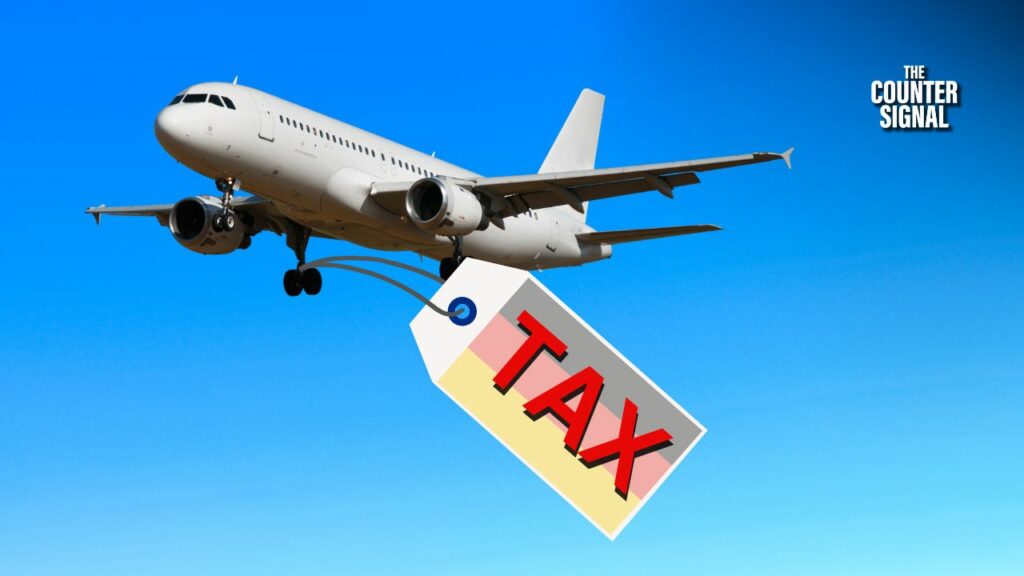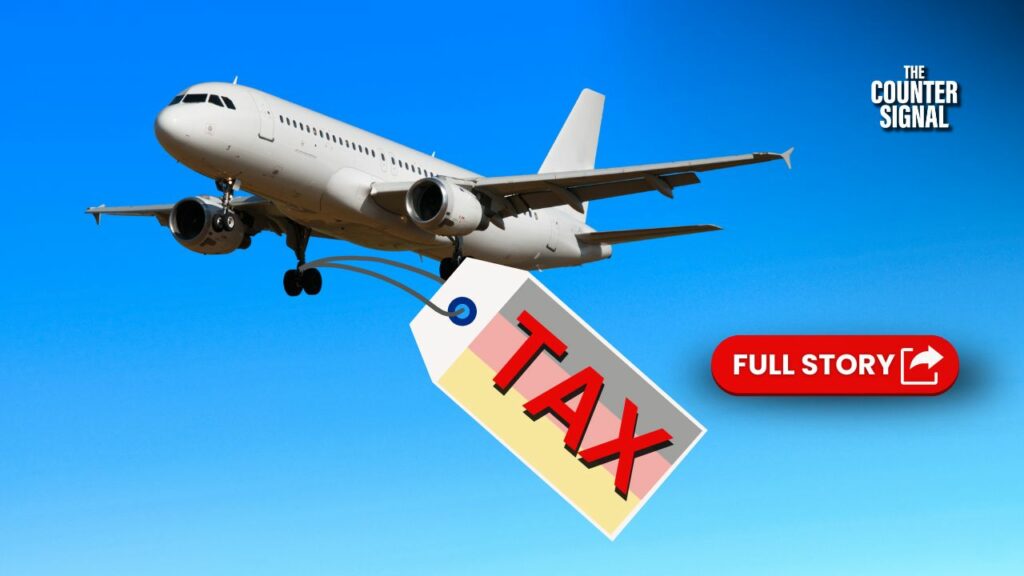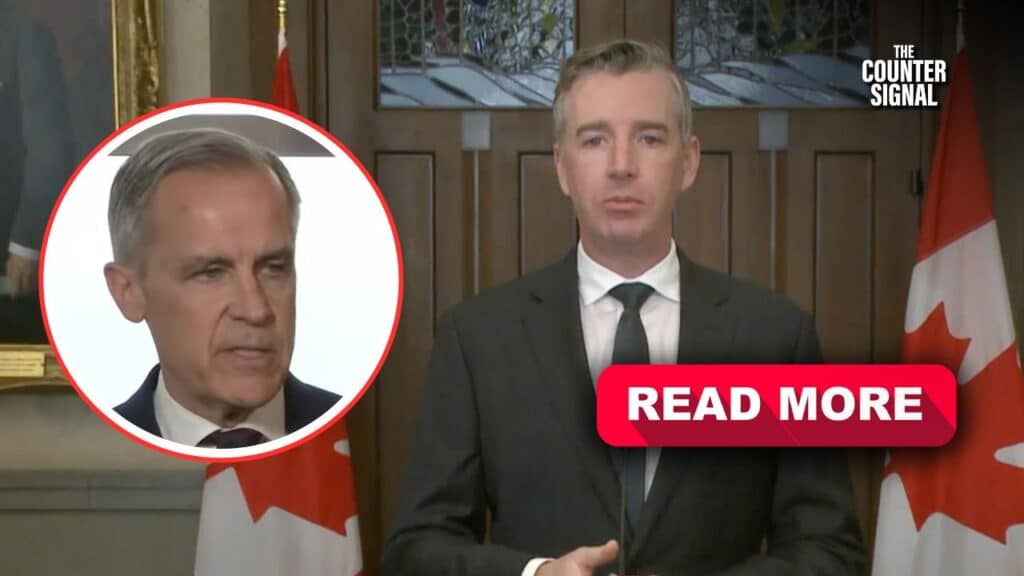Germany has just introduced a new tax on flying with the hopes of pricing poor people out of travelling to reduce their carbon footprint.

The price hike will come into force on Wednesday, which will see passengers coming to and leaving Germany paying an additional €15.53 to €70.83 per flight (22.86 CAD to 104.25 CAD or 16.73 USD to 76.31 USD).
Other European officials in the airline industry have also expressed their concern over the flying tax, saying it’s the wrong move and will kill Germany’s competitiveness.
“When Germany’s economic performance is anaemic at best, denting its competitiveness with more taxes on aviation is policy madness,” said International Air Transport Association (IATA) Director General Willy Walsh.
“The government should be prioritizing measures to improve Germany’s competitive position and encouraging trade and travel. Instead, they have gone for a short-term cash grab, which can only damage the economy’s long-term growth.”
Walsh warned that Germany’s decision would also hurt the country’s climate crusade towards net zero, as it will result in fewer revenues to invest in more productive endeavours such as more sustainable jet fuel and other decarbonization efforts.
Moreover, this latest tax comes as Germany continues to pressure the EU to adopt a ‘Europe-wide jet fuel tax’, making travel even less affordable.
According to Walsh, “The German Government appears to have an unhealthy obsession with aviation taxes.”
Germany is setting a precedent for anti-freedom climate taxes
This latest tax comes less than a month after the German Transport Minister threatened the German populace with a weekend driving ban to hit the country’s unreachable net zero goals.
In a letter penned in April, Transport Minister Volker Wissing argued that the sector has lagged behind others in carbon reduction and that such a ban may be the only way to hit net zero.
“A corresponding reduction in traffic performance would only be possible through restrictive measures that are difficult to communicate to the population, such as nationwide and indefinite driving bans on Saturdays and Sundays,” the letter reads.
The suggestion was largely rejected by others in the German government, but given Germany’s willingness to adopt measures like additional taxes with the expressed goal of reducing travel, a precedent is being set, and such a ban may be just around the corner.









